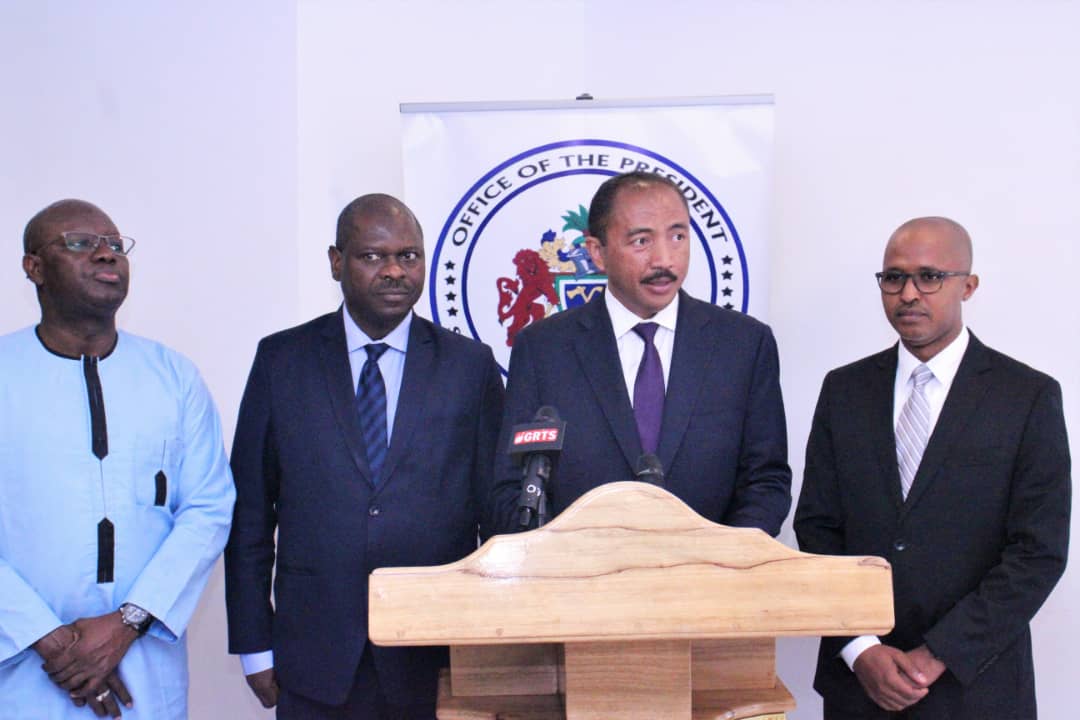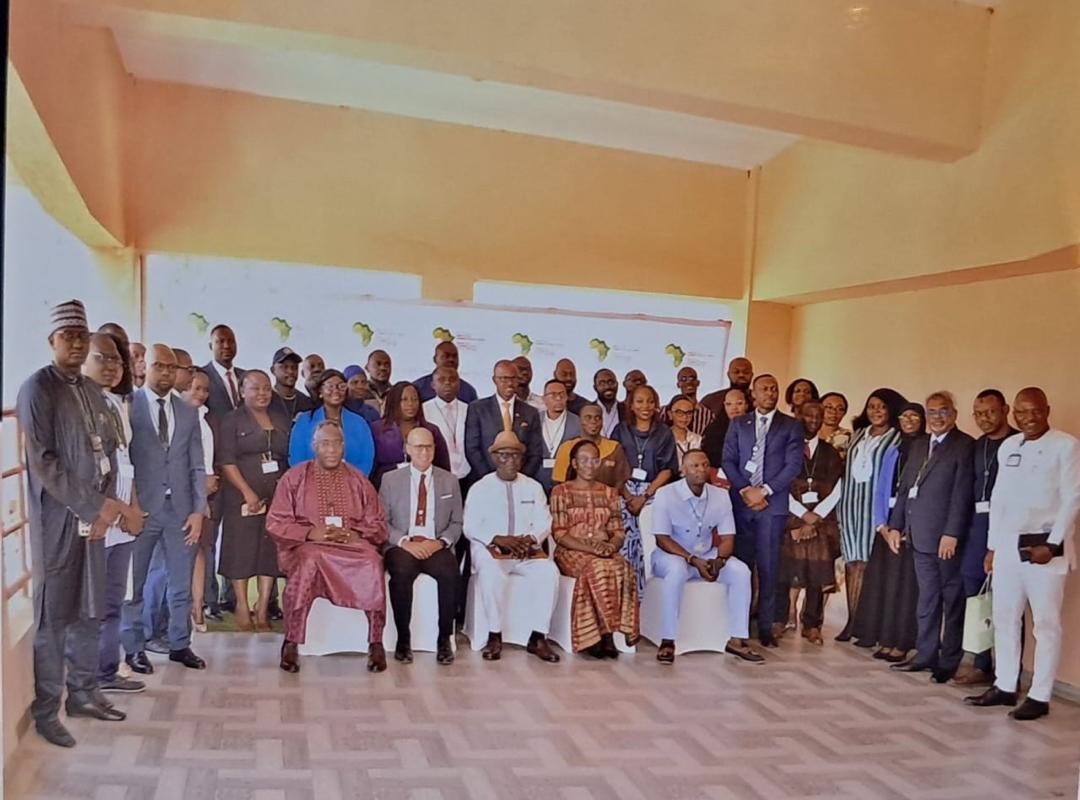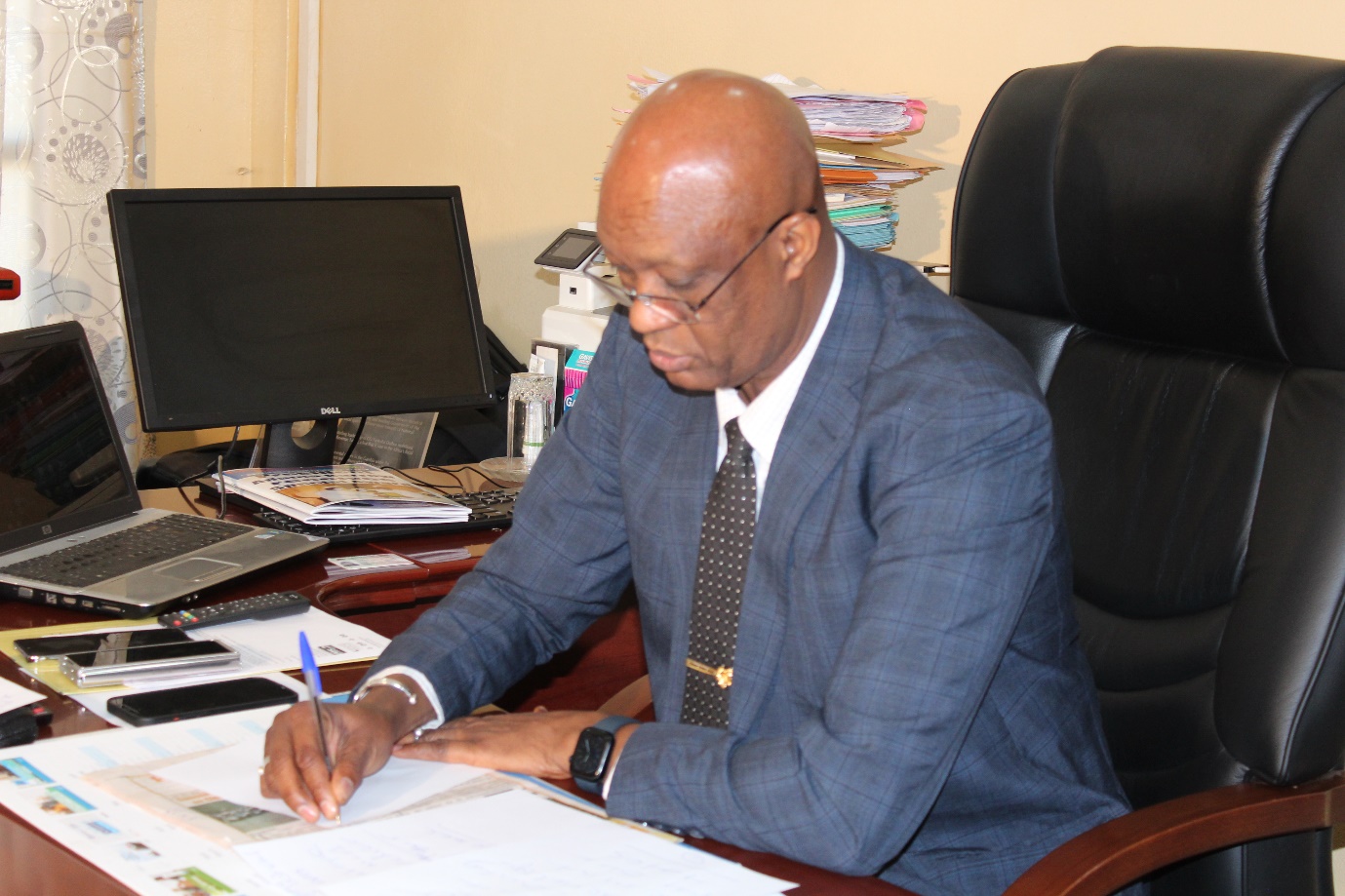An International Monetary Fund (IMF) mission has reached staff-level agreement with the authorities of Gambia on the economic and financial policies that could support the IMF Executive Board’s completion of the fifth review under the Extended Credit Facility (ECF) arrangement.
This is part of a statement by Mr. Ivohasina Fizara Razafimahefa, Mission Chief for The Gambia, after their discussions from 21 September to 4 October on the fifth review of the economic programme supported by the IMF’s Extended Credit Facility (ECF) arrangement.
Razafimahefa said despite the challenges caused by the repercussions of the war in Ukraine and the lingering effects of the COVID-19 pandemic, all quantitative performance criteria and three out of four indicative targets at end-June 2022 were met while structural reforms were also advancing.
The statement said the IMF Executive Board’s consideration of the staff report on the review is tentatively scheduled for December 2022. Upon the Board’s approval, SDR 5 million (equivalent to about US$6.4 million) will be made available to The Gambia.
Razafimahefa said GDP is forecast to grow by 4.5 percent in 2022, a downward revision from the 5.6 percent forecast at the time of the 4th ECF review.
Nonetheless, he said, some sectors, including tourism, construction and agriculture, have shown positive signs.
The inflation rate entered two-digits territory in April 2022 and reached 12.9 percent in August 2022, mainly driven by global high food and energy prices induced by the war in Ukraine, combined with supply chain disruptions and high freight costs.
He noted that the authorities are taking measures to address the implications of the multiple and large exogenous shocks.
Revenue collection on fuel products was reduced to contain domestic fuel price increases. Improved collection of non-oil related taxes and prudent budget execution helped contain the overall fiscal balance at 2.4 percent of GDP at end-June 2022.
Nonetheless, pressures have intensified, and some budgetary slippages were noted at end-September 2022.
Razafimahefa said to tame inflation and anchor inflation expectations, the Central Bank increased the policy rate twice by a total of 2 percentage points, bringing the rate to 12 percent.
Going forward, he said economic growth is expected at 6 percent in 2023 and 6.5 percent in 2024.
But these projections are predicated on a dissipation of commodity price shocks, a non-occurrence of an abrupt global slowdown or recession, full recovery of the tourism sector, and continued good performance of private construction and agriculture.





